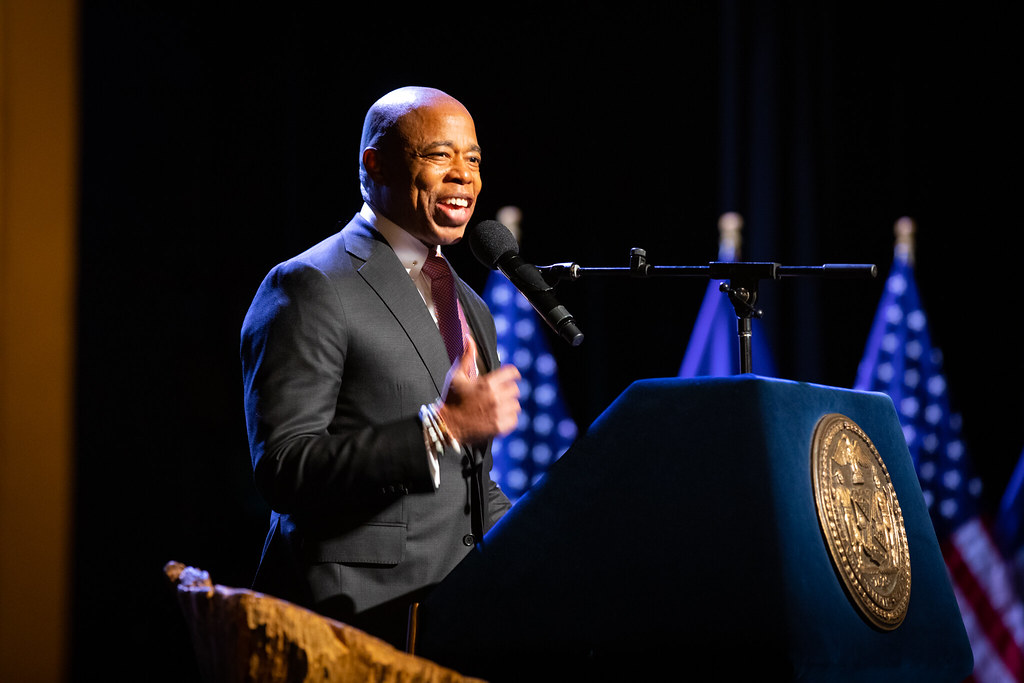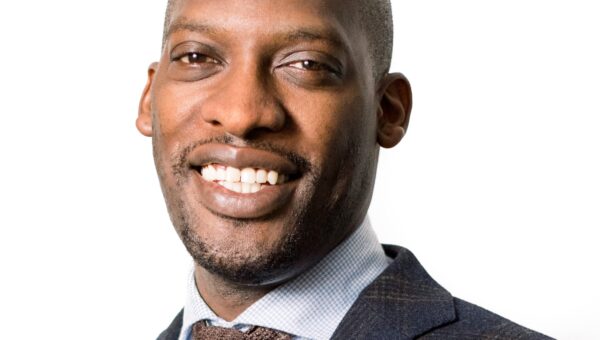
Mayor Adams Is Indicted. What Now?

In light of the recent news that New York City Mayor Eric Adams has been indicted, Capalino has been asked by a number of clients: what happens next?
The Mayor, for his part, has stated that the charges “are false and based on lies.” The Mayor deserves due process and must be presumed innocent until proven guilty. All indications are that he does not, at this time, plan to resign.
This creates four possible scenarios: the Mayor fights and wins; the Mayor chooses to resign; the Governor steps in; or the “inability committee” steps in.
- The Mayor fights and wins: Mayor Adams deserves due process and will only be found guilty in a court of law. If the Mayor does not resign, he will be the first New York City mayor to stand trial while serving as Mayor. The results of this unprecedented situation cannot be known. However, we expect that elected officials at all levels (city, state, and federal) will review any proposed legislation, policies or actions with heightened scrutiny. In the near term, this will make policy making more difficult. But if the charges are dropped or he is found not guilty, then he will have the opportunity to rebuild his image and run for a second term.
- The Mayor resigns: Mayor Adams could choose to resign to focus on the trial. If he resigns, then the City Charter section 10(a-c) states that Public Advocate Jumaane Williams will serve as acting mayor and within 3 days of taking office will announce the day of the special election, which would be held the first Tuesday 80 days after the office has been vacated. The special election will be notable as being both non-partisan and ranked choice. Both republicans and democrats will be listed on the ballot and New York City residents will get to rank their top five choices. The candidate with the least number of votes will be removed, and the voters who listed that candidate as their first choice will have their votes allocated to their second choice. The process will continue until there is one winner.
- Governor Hochul steps in: If the Governor feels that the Mayor is unable to continue, than the Governor may remove the Mayor from office. No governor has removed a mayor from office and the last attempt was in 1932. According to the City Charter section 9, “The mayor may be removed from office by the governor upon charges and after service upon him of a copy of the charges and an opportunity to be heard in his defense. Pending the preparation and disposition of charges, the governor may suspend the mayor for a period not exceeding thirty days.” The charter does not further outline steps the governor must take to ensure the mayor has an opportunity to defend himself.
- Inability Committee: Per the City Charter section 10, the mayor can be removed from office if it is determined they are unable to continue to serve. The mayor could be temporarily or permanently removed from office through a committee known as the “inability committee” with ratification from the “panel on mayoral inability.” The inability committee is a panel made up of the Corporation Council (vacant), the Speaker of the City Council (Adrienne Adams), the Comptroller (Brad Lander), a deputy mayor who was appointed by the Mayor or who has served the longest, and the longest serving Borough President by consecutive days (Donovan Richards, Jr. of Queens). The panel on mayoral inability is made up of all members of the City Council.
- By a vote of four individuals, the committee can determine the mayor has the inability to serve. The determination may be permanent or temporary and must include an explanation. The mayor can challenge the determination within 48 hours of being notified. If the mayor challenges, then the “panel on mayoral inability” will be convened by the city council. The panel must vote within 21 days to either uphold the declaration of inability to serve with a two-thirds majority or overturn the declaration. If the determination is temporary, then a similar process must be undertaken to reinstate the mayor.
This is an evolving situation and our team will strive to keep our clients and network up to date. If you have any specific questions, please reach out to staff for a consultation.



